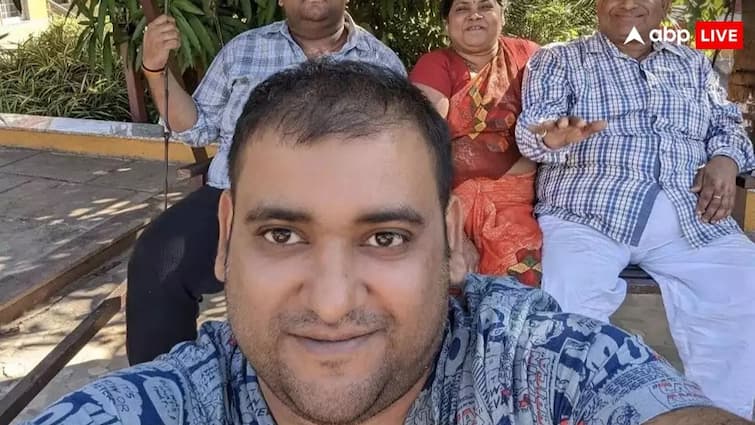The Himachal Cabinet, led by Chief Minister Sukhvinder Singh Sukhu on Thursday, decided to close 89 Government Primary Schools and 10 Middle Schools that have zero enrolment.
Additionally, the Government Primary Schools within a 2-kilometre radius and Government Middle Schools within a 3-kilometre radius with five or fewer students will be merged.
Harnessing the power of Design Thinking in schools and fostering 21st-century skills in students
Education Minister Rohit Thakur emphasized the need for these changes, stating, “Our focus is on optimizing resources to provide quality education. Schools with zero enrollment are not serving their purpose, and merging schools with low enrollment ensures better utilization of our educational infrastructure.”
In line with these decisions, the Cabinet also approved annual transfers for teaching staff, to be conducted only after the academic session ends. All teachers, including Head Teachers, Center Head Teachers, Headmasters, and Principals, will engage in teaching students. Morning assemblies featuring the national anthem and the daily unfurling of the national flag at High and Senior Secondary Schools have been mandated. Physical education will become a compulsory daily period, and training in CPR and First Aid will be provided in collaboration with the Health and Ayush Departments.
Also Read: Transfer Certificate of child not a tool for schools to collect pending fees: Madras HC
The Cabinet has recommended that the Governor convene the Monsoon session of the Himachal Pradesh Vidhan Sabha from August 27 to September 9, 2024, at Shimla, consisting of 10 sittings.
Industry and Parliamentary Affairs Minister Harshvardhan Chauhan highlighted the importance of this session, stating, “The Monsoon session is crucial for discussing and addressing the pressing issues faced by the state. We aim to ensure productive and meaningful deliberations.”
Among other decisions, the Cabinet sanctioned the creation of Police District Dehra with its headquarters at Dehra, along with the creation and filling up of 39 posts of different categories. Police Posts Dadasiba and Majheen will be upgraded to Police Stations, and new Police Posts at Jwalamukhi City and Moin have been established.
Check this: IMT Ghaziabad ranks first in career outcomes category among top Indian B-schools in QS EMBA Rankings 2024
The Cabinet also approved the procurement of apple, kinnow, malta, orange, and mango fruits under the Market Intervention Scheme at Rs. 12 per kg, with the procurement rate for galgal set at 10 per kg. The procurement periods have been specified for each fruit.
Additional administrative decisions include the creation of SDPO offices, new police stations, and various posts across multiple districts. The Cabinet also approved filling up several posts in different departments, including Public Works, Jal Shakti Vibhag, Tourism and Civil Aviation, and the Department of Treasuries, Accounts, and Lotteries.
Furthermore, the Cabinet has constituted three sub-committees to examine specific issues. One sub-committee, chaired by Industries Minister Harshvardhan Chauhan, will focus on arbitration and court matters. Chauhan remarked, “We are committed to resolving legal issues efficiently to promote industrial growth and development in the state.”
The Cabinet also approved the extension of the MoU with Alliance Air Aviation Limited for operating flights between Shimla and Dharamshala seven days a week from July 1, 2024, to June 30, 2025.
Industry minister Harshvardhan Chauhan while briefing the media on the cabinet decisions said that these decisions reflect the government's efforts to streamline operations, enhance administrative efficiency, and address the needs of the state's populace.




